It has become a hallmark of modern atheism that it often attempts to redefine ‘faith’ to mean something Christians simply do not mean by the term. In contrast to those attempts, here are some Christian thinkers being permitted to say what they mean/meant by the word.
“This is why belief in God is often called ‘faith’, and not just intellectual assent. Faith is the practical commitment to a relationship with God that will progressively transform your life, liberating it from hatred, greed and ignorance, and enabling it to become a more effective mediator of transcendent beauty, joy, compassion and benevolence.”
Keith Ward Why there almost certainly is a God p.132
“Religious faith does not demand irrational submission to some unquestionable authority, but it does involve rational commitment to well-motivated belief.”
John Polkinghorne Science and Religion in Quest of Truth p.13
C.S. Lewis defined faith as:
“the art of holding onto things your reason has once accepted, in spite of your changing moods.”
C.S. Lewis Mere Christianity p.117
“When we exhort people to Faith as a virtue, to the settled intention of continuing to believe certain things, we are not exhorting them to fight against reason… If we wish to be rational, not now and then, but constantly, we must pray for the gift of Faith, for the power to go on believing not in the teeth of reason but in the teeth of lust and terror and jealousy and boredom and indifference that which reason, authority, or experience, or all three, have once delivered to us for truth.”
C.S Lewis ‘Religion: Reality or Substitute?’ in C.S. Lewis Essay Collection: Faith, Christianity and the Church pp.136,7
“…faith is nothing but a firm assent of the mind: which, if it be regulated, as is our duty, cannot be afforded to anything but upon good reason.”
John Locke, An Essay Concerning Human Understanding (1964 ed.) Vol.2, p.281
“The Persons in whom according to the Bible faith is particularly to be reposed are God the Father and the Lord Jesus Christ. But – and here we come to the point which we think ought to be emphasized above all others just at the present day – it is impossible to have faith in a person without having knowledge of the person; far from being contrasted with knowledge, faith is founded upon knowledge.”
J. Gresham Machen What is Faith? [Loc.400 on kindle]
“Christian faith is at bottom trust in and obedience to the free and gracious God made known in Jesus Christ. Christian theology is this same faith in the mode of asking questions and struggling to find at least provisional answers to these questions. Authentic faith is no sedative for world-weary souls, no satchel full of ready answers to the deepest questions of life. Instead, faith in God revealed in Jesus Christ sets an inquiry in motion, fights the inclination to accept things as there are, and continually calls in question unexamined assumptions about God, our world, and ourselves. Consequently, Christian faith has nothing in common with indifference to the search for truth, or fear of it, or the arrogant claim to possess it fully. True faith must be distinguished from fideism. Fideism says there comes a point where we must stop asking questions and must simply believe; faith keeps on seeking and asking.”
“Christian faith is not blind faith but “thinking faith”…”
Daniel Migliore, Faith Seeking Understanding: An Introduction to Christian Theology p.3,5
“The essence of faith – biblical or otherwise – is confidence or trust… When trust is directed toward a person / thing, it is called ‘faith in’; when it is directed toward the truth of a proposition, it is called ‘faith that’… It is a great misunderstanding of faith to oppose it to reason or knowledge. Nothing could be further from the truth. In actual fact, faith – confidence, trust – is rooted in knowledge.”
J.P. Moreland Kingdom Triangle pp.130,131
“Moreland defines faith as ‘a trust in and commitment to what we have reason to believe is true.’ This is perfectly compatible with the observation that ‘faith is being sure of what we hope for and certain of what we do not see’ (Hebrews 11:1). There’s nothing here about faith meaning to be sure of what we believe despite evidence to the contrary. There’s nothing here about faith meaning to be certain of something that we have no reason to think is true. Read in context, the writer of Hebrews exhorts Christians to cling to their warranted trust in Jesus despite the temptation to abandon what they know to be true under the pressure of persecution.”
Peter S. Williams A Faithful Guide to Philosophy p.15
“By faith, then, as a first approximation, we mean trusting, holding to, and acting on what one has good reason to believe is true, in the face of difficulties.”
David Marshall and Tim McGrew ‘Faith and Reason in Historical Perspective’ in True Reason p.149
“Faith is commitment to action . . . based upon knowledge of God and God’s ways. The romantic talk of “leaping,” to which we in the Western world have become accustomed, actually amounts to “leaping” without faith.”
Dallas Willard Knowing Christ Today: Why We Can Trust Spiritual
Knowledge p.20
“Christian faith cares about the evidence…the facts matter. You can’t have assurance for something you don’t know you’re going to get. You can only hope for it. This is why the resurrection of Jesus is so important. It gives assurance to the hope. Because of a Christian view of faith, Paul is able to say in 1 Corinthians 15 that when it comes to the resurrection, if we have only hope, but no assurance – if Jesus didn’t indeed rise from the dead in time / space history – then we are of most men to be pitied. This confidence Paul is talking about is not a confidence in a mere ‘faith’ resurrection, a mythical resurrection, a story-telling resurrection. Instead, it’s a belief in a real resurrection. If the real resurrection didn’t happen, then we’re in trouble. The Bible knows nothing of a bold leap-in-the-dark faith, a hope-against-hope faith, a faith with no evidence. Rather, if the evidence doesn’t correspond to the hope, then the faith is in vain, as even Paul has said.”
Greg Koukl
“Nothing strikes me as more tiresomely vapid than the notion that there is some sort of inherent opposition – or impermeable partition – between faith and reason, or that the modern period is marked by its unique devotion to the latter. One can believe that faith is mere credulous assent to unfounded premises, while reason consists in a pure obedience to empirical fact, only if one is largely ignorant of both.”
David Bentley Hart Atheist Delusions p.101
“The claim that religious faith is completely autonomous and immune from rational scrutiny cannot itself pass rational scrutiny.”
C. Stephen Evans Faith Beyond Reason p.36
“There ought to be room in our conception of faith for honest investigation of all questions, and for feeling the force of objections to our faith, even while we are sustained in that faith.”
Robert M. Adams ‘The sin of unbelief’ in Faith and Reason p.379
“[Faith] affects the whole of man’s nature. It commences with the conviction of the mind based on adequate evidence; it continues in the confidence of the heart or emotions based on conviction, and it is crowned in the consent of the will, by means of which the conviction and confidence are expressed in conduct.”
W.H. Griffith-Thomas quoted in Dawkins’ God by Alister McGrath p.86
“Along with the majority of the Christian tradition, we reject the view that faith and reason are at odds. In fact, we view philosophy as an ally, much like Francis Bacon, who thought that a little philosophy inclined a man’s mind to atheism, but depth in philosophy brought men’s minds to religion.”
David Baggett and Jerry Walls The Theistic Foundations of Morality p.8,9
“Kantian faith is the positive acceptance of the unprovable but fully rational postulates of reason on practical or moral (not religious) grounds.”
Keith Ward More than Matter? p.48
“For me, as a Christian believer, the beauty of the scientific laws reinforces my faith in an intelligent, divine Creator. The more I understand science the more I believe in God, because of my wonder at the breadth, sophistication, and integrity of his creation.”
John Lennox
“Faith is trusting in that which you have reason to believe is true. So it is once you have come to believe that something is true, using reliable epistemological means, that you can then place you faith, or trust, in that thing.”
William Lane Craig (from his audio response to Peter Boghossian)
“The difficulty was not a lack of opportunity to hear about God. The problem lay deeper: in my very concept of what faith was. I thought faith was by definition irrational, that it meant believing some assertion to be true for no reason. It had never occurred to me that there could be a path to faith through reason, that there were arguments for the existence of God, and evidence for the claims of Christianity. I thought you had to “just have faith”—and the very idea of faith baffled and horrified me.”
Holly Ordway Not God’s Type: A Rational Academic finds a Radical Faith

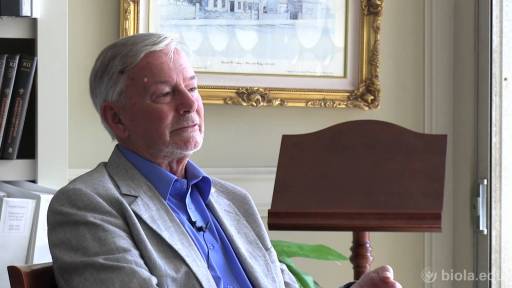
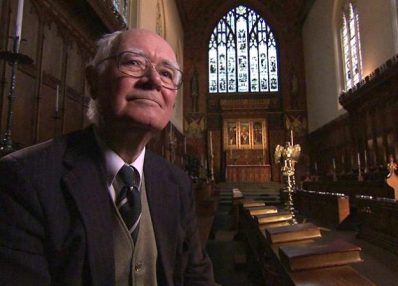
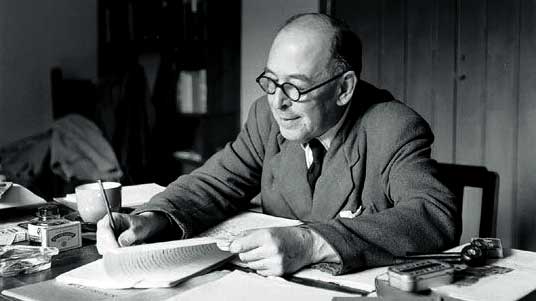


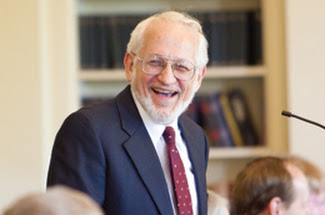

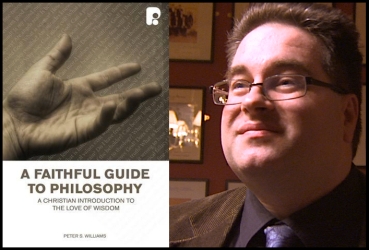

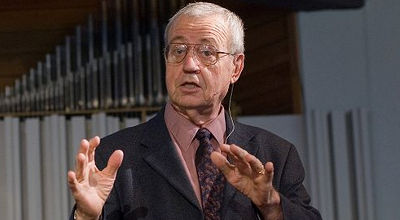
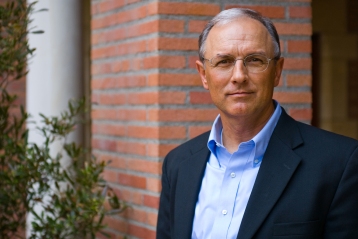
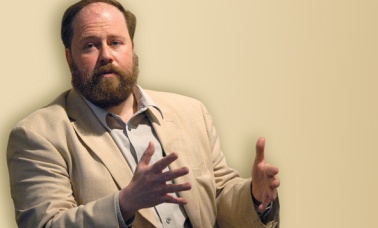
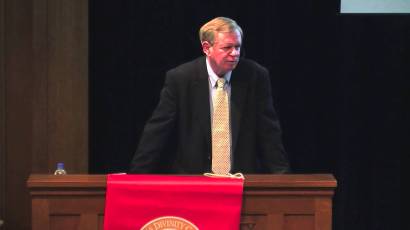
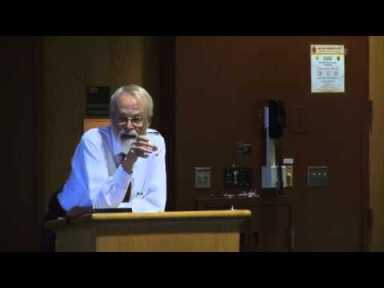
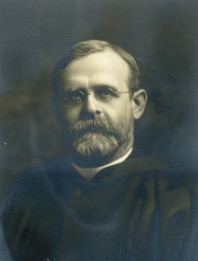

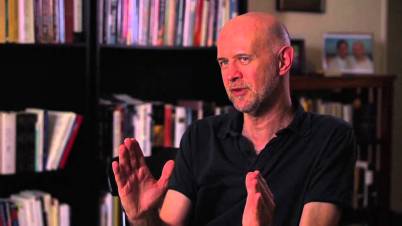
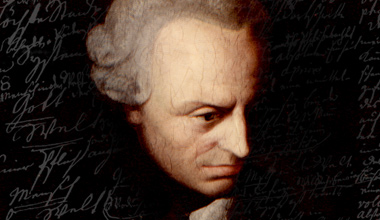
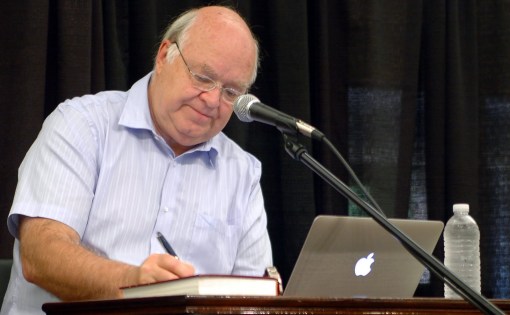
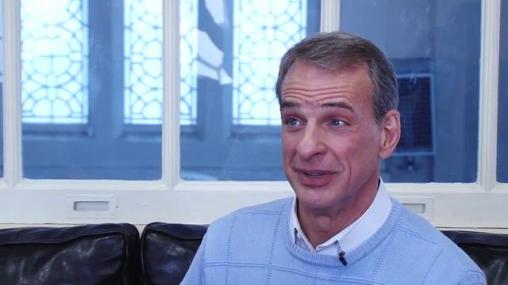

An all-knowing God knows the evidence EVERY atheist and non-Christian needs to be convinced He exists. An all-powerful God IS ABLE to provide that evidence. An all-loving God WOULD WANT TO. Yet not a single one of those gods is anywhere to be found. Ooops!
Yes that syllogism has been doing the rounds of late Tim. Who came up with it? I know Carrier uses it. The problem is the third premise. I explain why it is here:
Pingback: A History of Defining Faith | Into the Harvest
Pingback: ‘A Manual for Creating Atheists’ Part 3.1: Faith | aRemonstrant'sRamblings
My favorite Willard quote on the subject:
FAITH here is understood, not as a profession of something you do not believe, but as belief, trust, reliance upon something. You believe in A, or that P, if and to the degree that you are ready to act with reliance upon A or as if P were the case. We always “live up to” (or “down to”: really, right at) our beliefs.
UNBELIEF in the context of the present discussion is not simply a lack of belief, in the sense that I now have no beliefs at all about most individual things that exist, for example. Rather, “unbelief” here will refer to what is more properly called disbelief: a readiness to act as if certain things were not so. Thus unbelief is a species of belief involving negation.
http://www.dwillard.org/articles/artview.asp?artID=27
Thanks Andy.